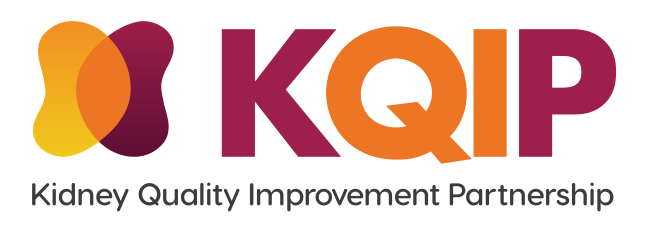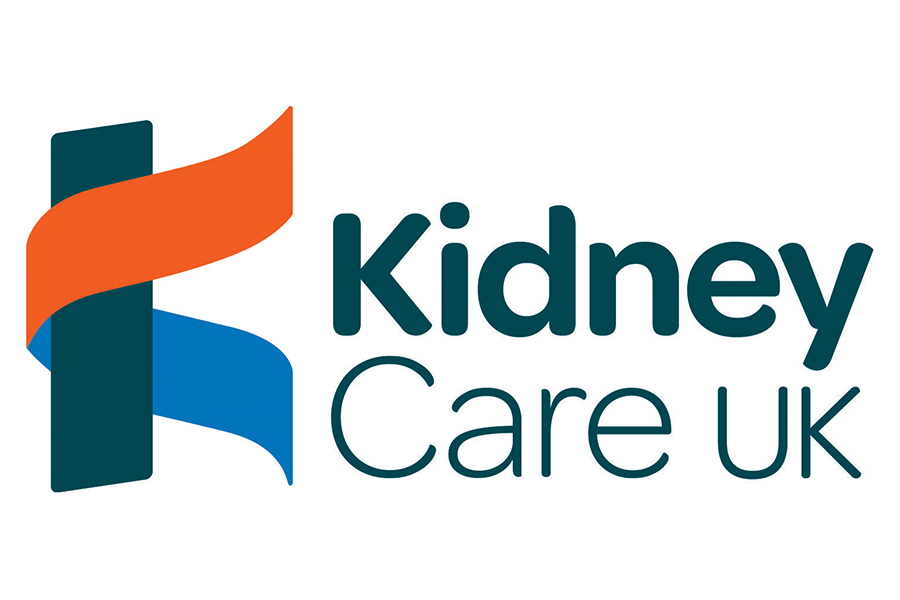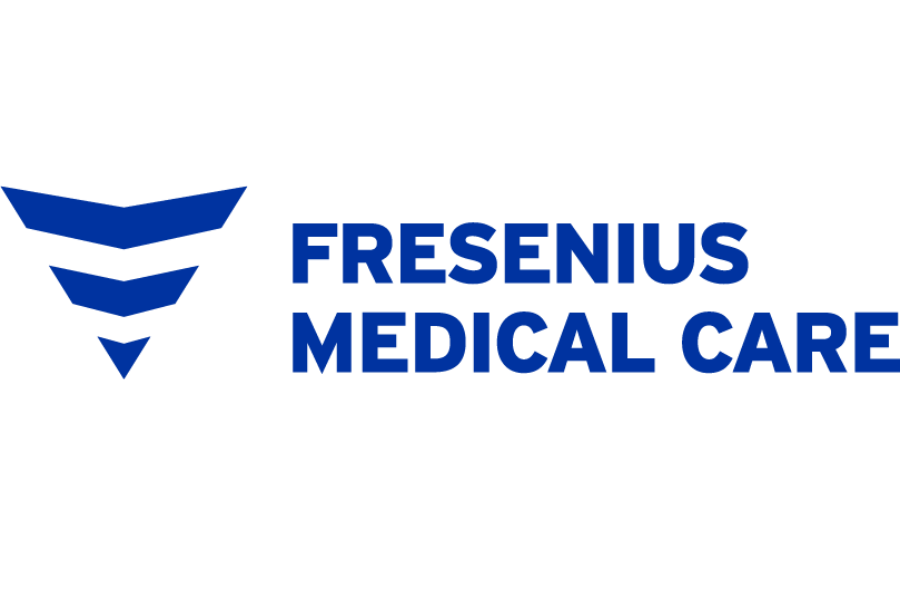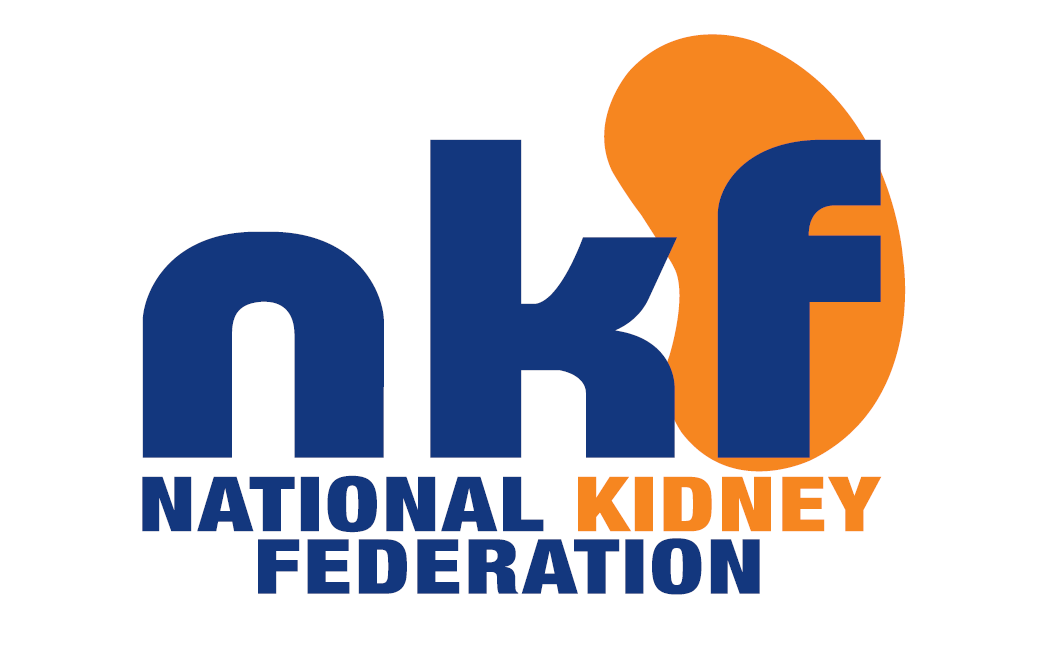Using the Kidney PREM to improve the experience of transport provision for haemodialysis patients
Helen Cronin, Matron for satellite services, Kings College Hospital
I meet with patients regularly at the satellite units and keep them updated on transport developments whilst addressing any individual issues they may have; it is the main area of concern for most patients and is an ongoing agenda item at our patient forum meetings. When the Kidney PREM results came out for 2018, we shared the results locally at these patient meetings. We also discussed it at our dialysis Quality Improvement, Renal Care Group and Performance meetings where transport is always a key agenda item. With the support of one of our haemodialysis consultants, who is also Corporate Medical Director for Quality, Governance and Risk, we presented renal transport updates at the Trust Patient Experience and Patient Safety Committees throughout the year. We had helpful steers from the Trust Governors. We work together at addressing transport provision and this joint working has played a huge part in the success of this project.
What we did
-
Firstly, we set up monthly meetings with the transport providers in July 2018, ensuring patient experience and performance data was top of the agenda and created an ongoing action tracker to capture activity and progress. The transport companies provided the data to review monthly.
-
We then rolled out clear escalation policies for each transport company and ensured that both transport providers met with relevant patient groups on a rolling basis to hear feedback and discuss plans for quality improvement.
- Joining the South London Renal Operational Delivery Network for transport provided the opportunity to swap patients with Guy’s and St Thomas’ and improved patient journeys by enabling patients to dialyse closer to home.
- There was a fresh focus on cleric training (transport booking system) and engagement and we set up a system that allowed us to capture weekly data on transport issues from each unit.
- We created transport champions at each of our units. Some of these staff members have excelled in their roles and have received recognition from the trust for their contribution to transport provision.
- We undertook a large mapping exercise and focused on improved patient placement by identifying patients with transport challenges and giving them the opportunity to dialyse in a unit closer to where they lived.
- We tracked adverse incident and complaint rates, including time to respond, and created flow diagrams of how both would be managed between Trust and provider.
- We obtained lists of escort-requiring patients and aborted journeys, to maximise efficiency and reduce unnecessary wasted journeys.
The outcome
We managed to significantly reduce adverse incidents related to transport, as shown in the table above, and we work much more closely with Transport providers. We have reached a point where we can review individual patient journeys and work proactively at improving those that are problematic. Overall, we have improved the transport experience considerably from where it was when we set out on our journey in 2018.
Whilst we appreciate that this work is an ongoing project; the work to date has been a real team effort and we feel proud of what we have achieved for our patients.



